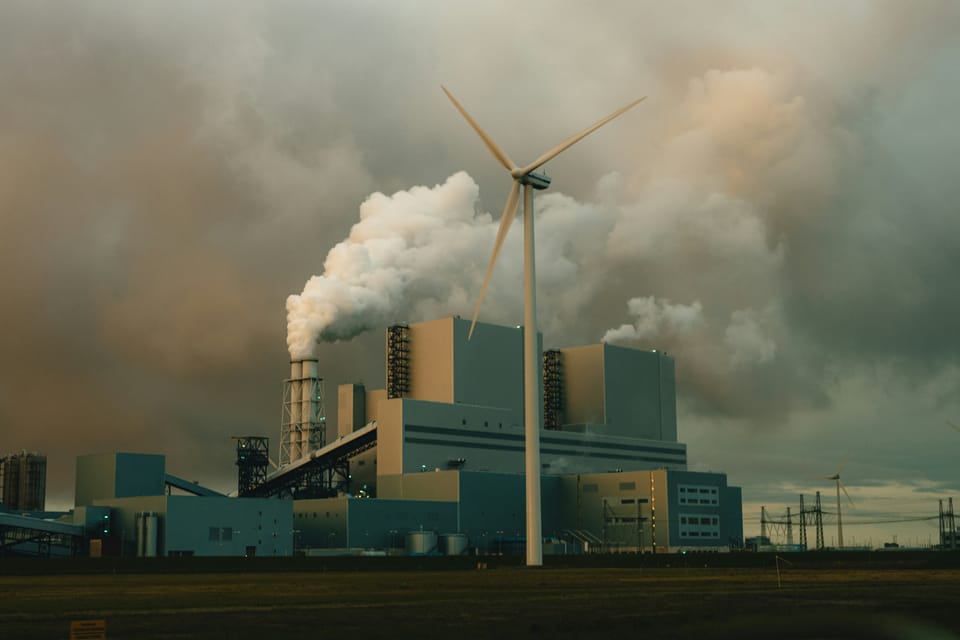Energy commission defends CBAM’s role in low-carbon transition
“Given the international nature of several hard-to-abate sectors, achieving effective decarbonisation requires global coordination."

The Energy Transitions Commission argues that the Carbon Border Adjustment Mechanism (CBAM) is a necessary policy measure to incentivise the decarbonisation of hard-to-abate sectors in a new paper.
In a paper on global trade in the energy transition, the Commission – described as a global coalition of energy leaders committed to net zero – outlines the need for carbon prices and the “strong rationale” for CBAM to support the energy transition of sectors where clean technologies may never reach cost parity with fossil fuel-based alternatives.







